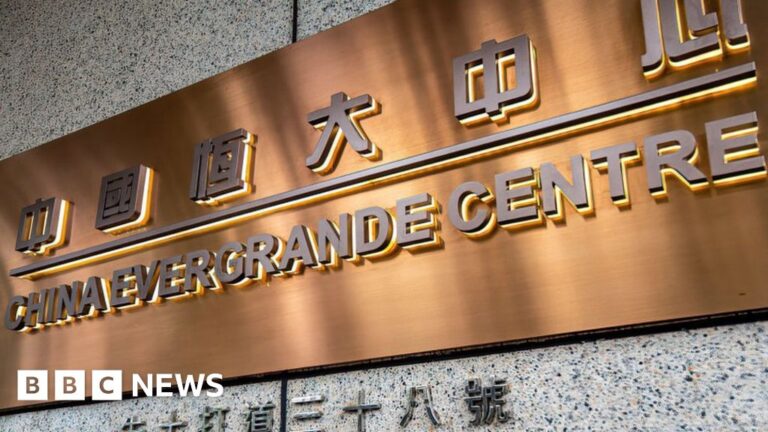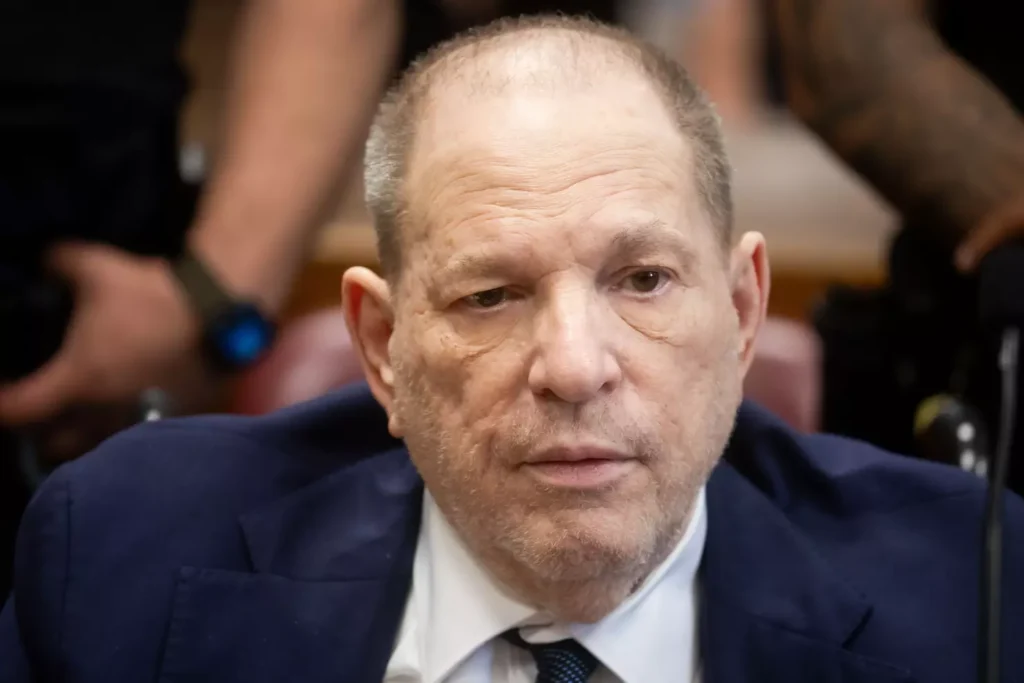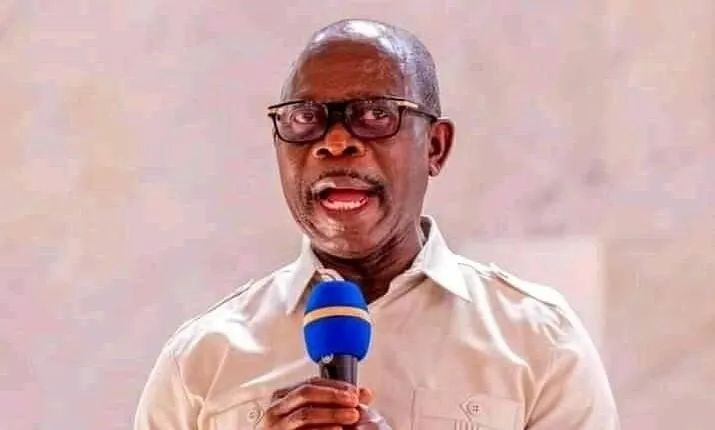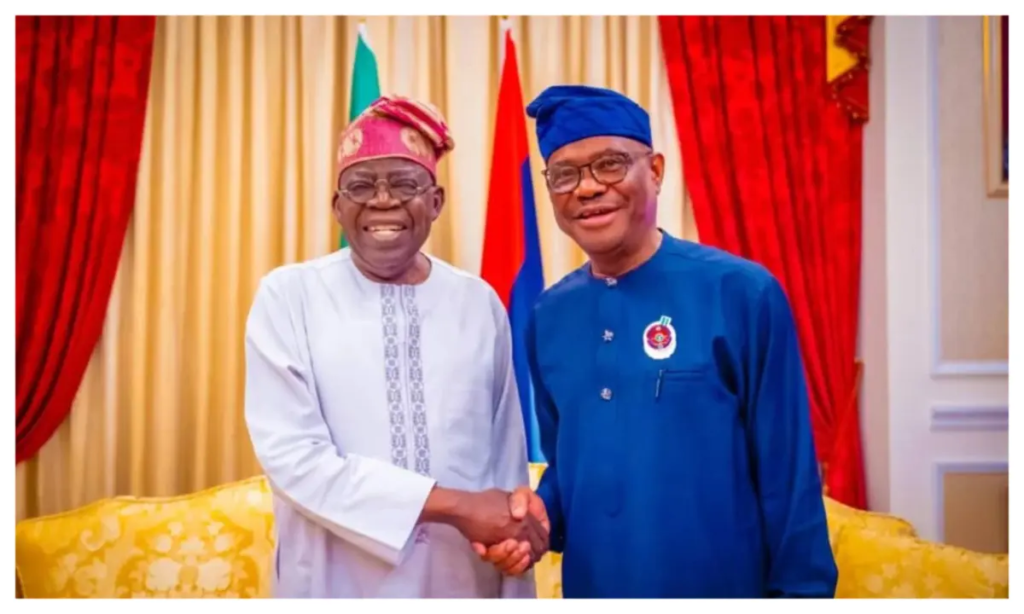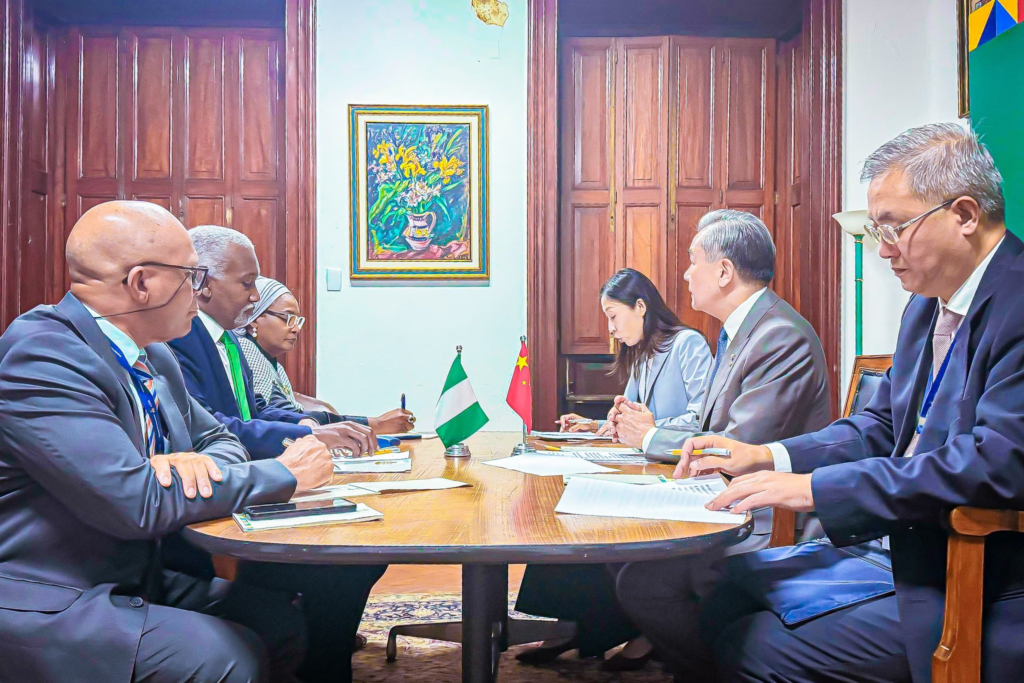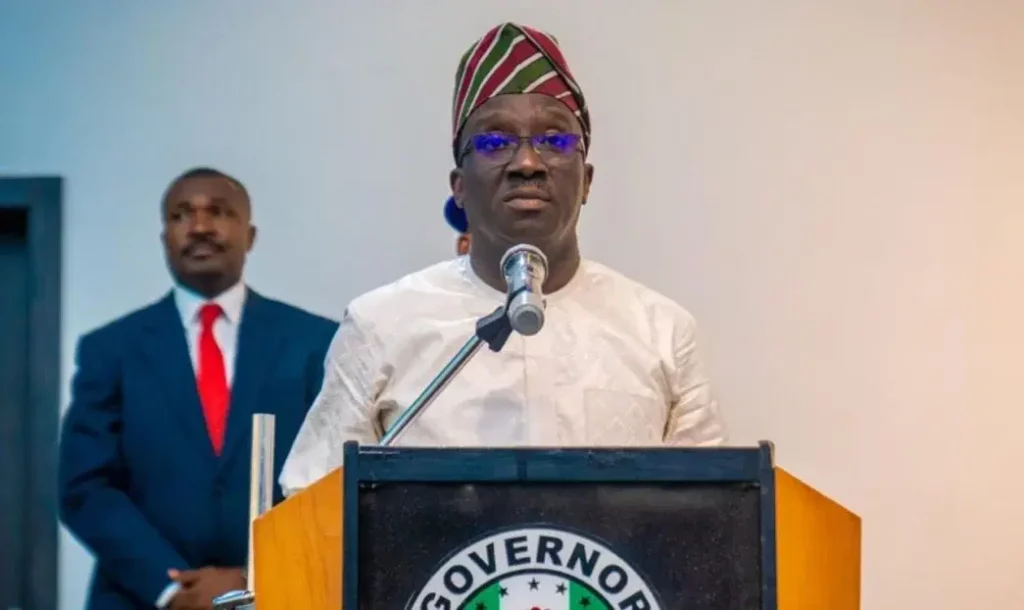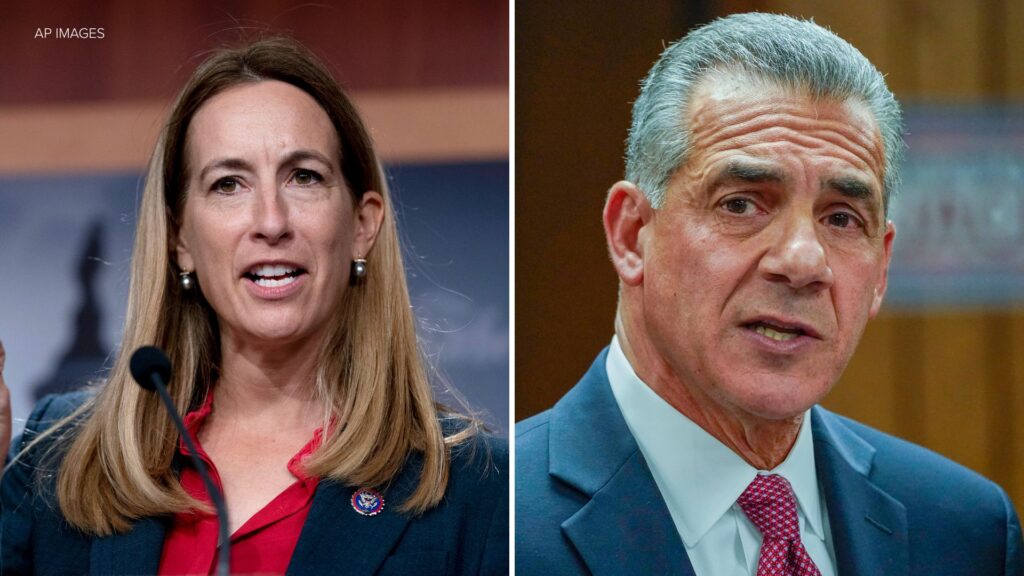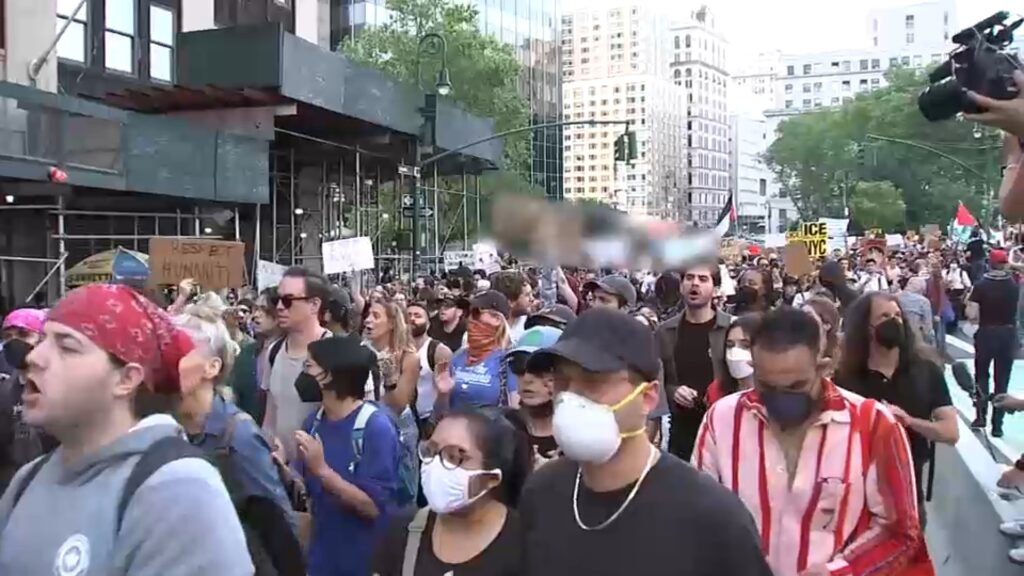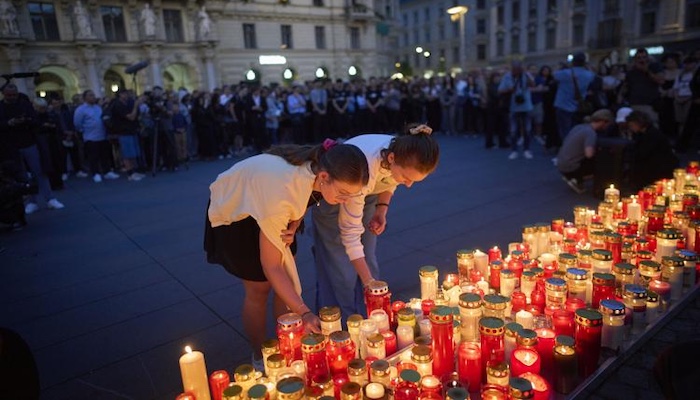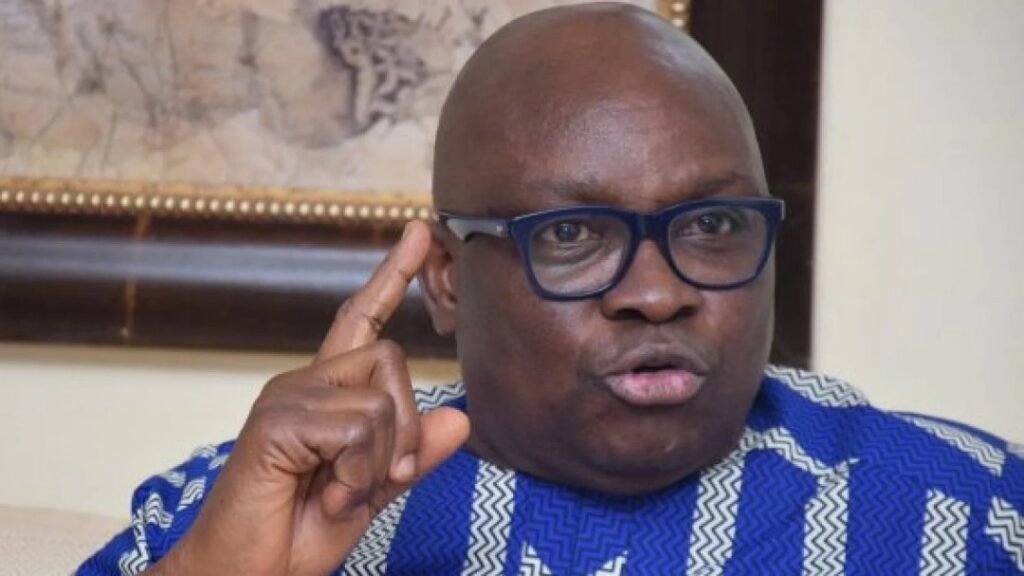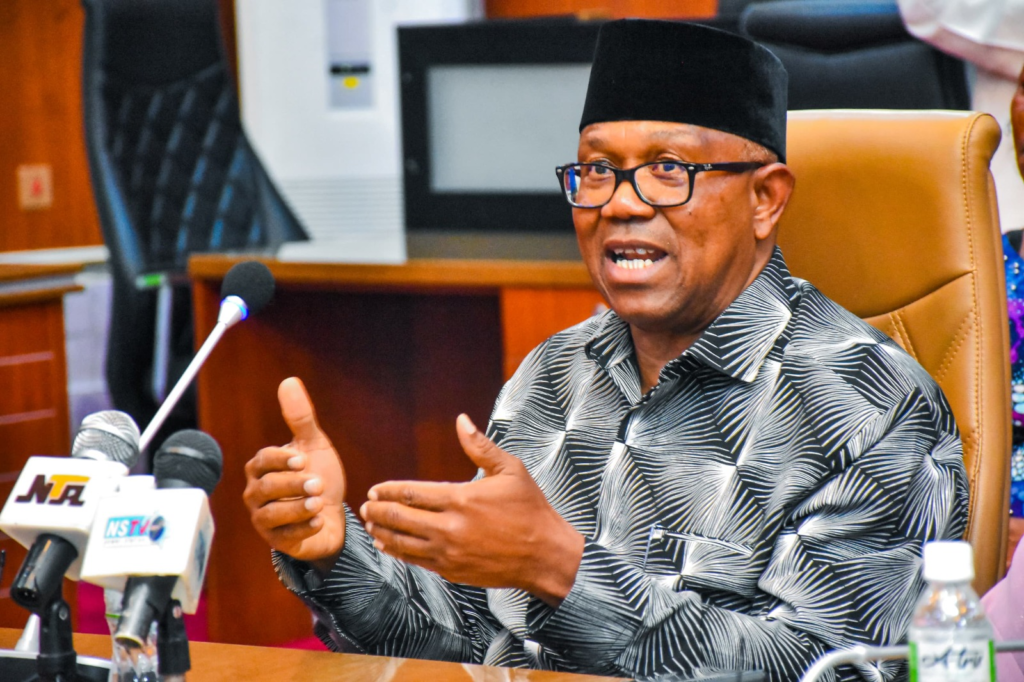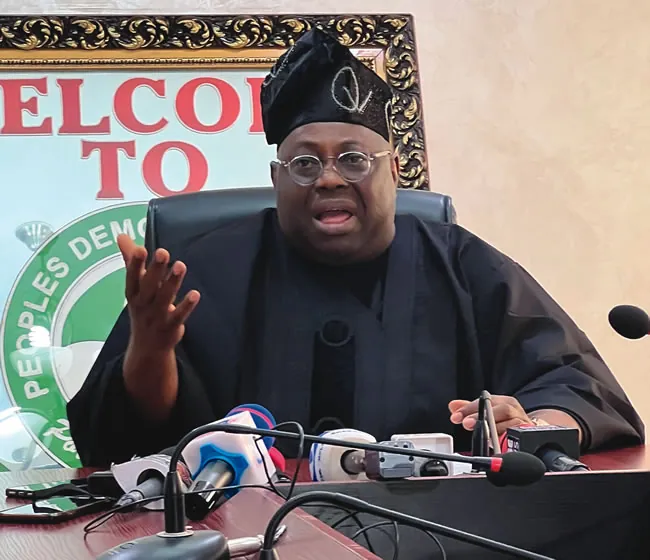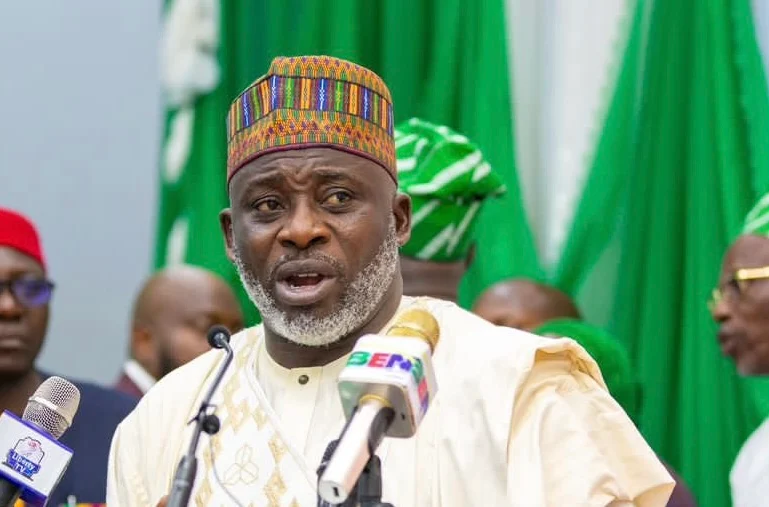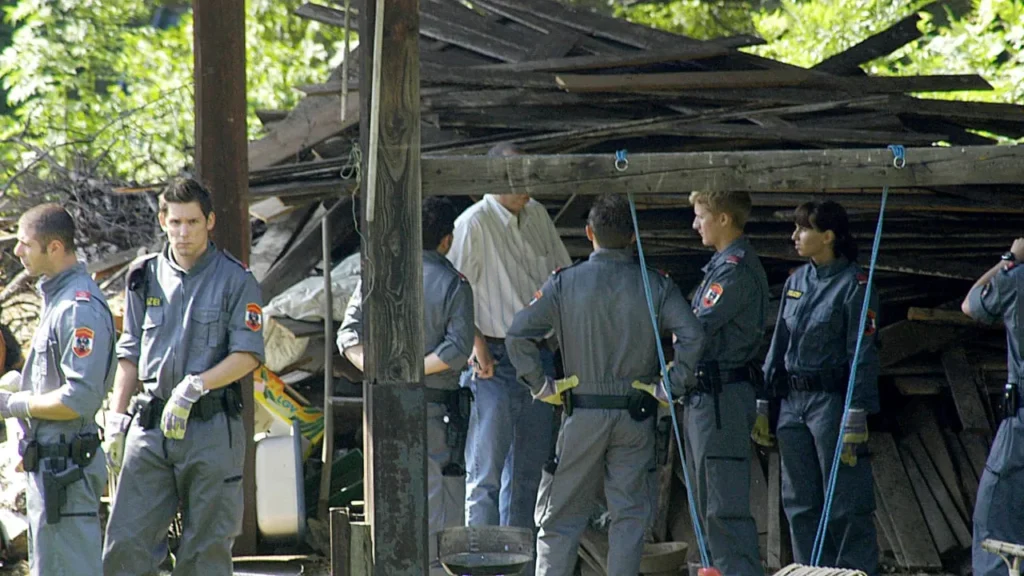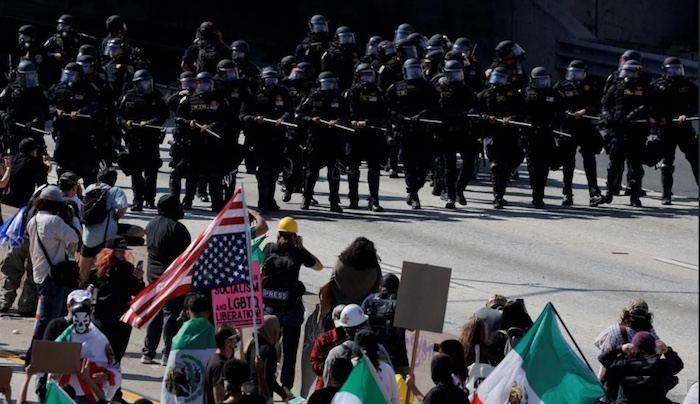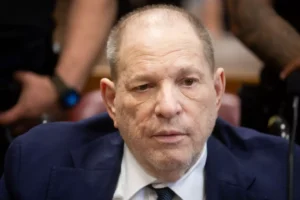Debt-laden Chinese property giant Evergrande has been ordered to liquidate by a court in Hong Kong.
Judge Linda Chan said “enough is enough” after the troubled developer repeatedly failed to come up with a plan to restructure its debts.
The firm has been the poster child of China’s real estate crisis with more than $300bn (£236bn) of debt.
When Evergrande defaulted two years ago it sent shockwaves through global financial markets.
Evergrande’s executive director, Shawn Siu, described the decision as “regrettable”, but said the company would continue to operate in mainland China.
The firm’s Hong Kong arm was independent from its mainland business, he added in a statement.
While any potential impact of the ruling on Evergrande’s home building business is currently unclear, the crisis at the company has already left many home buyers waiting for their new properties.
Beijing has previously sought to temper public concern about the property crisis as people have taken to Chinese social media sites such as Weibo to share their frustrations about developers like Evergrande.
The court’s decision is also likely to send further ripples through China’s financial markets at a time when authorities are trying to curb a stock market sell-off.
China’s property sector contributes roughly a quarter of the world’s second biggest economy.
Evergrande shares fell by more than 20% in Hong Kong after the announcement on Monday. Trading in the shares has now been suspended.
Liquidation is a process where a company’s assets are seized and sold off. The proceeds can then be used to repay outstanding debts.
However, whether this process is followed may depend on the Chinese government and the liquidation order does not necessarily mean that Evergrande will go bust and collapse.
Ahead of Monday’s ruling, China’s Supreme Court and Hong Kong’s Department of Justice signed an arrangement to mutually recognise and enforce civil and commercial judgements between mainland China and Hong Kong.
But experts are still unsure if the change, which came into effect on Monday, will have an impact on Evergrande’s liquidation order.
The court document released on Monday said the company had asked for further three months to come up with a new restructuring plan, but it only requested it at 4pm on Friday.
Judge Chan described the new plan as “not even a restructuring proposal, much less a fully formulated proposal”.
The case was brought in June 2022 by one of its investors, Hong Kong-based Top Shine Global, which said that Evergrande had not honoured an agreement to buy back shares.
But what they are owed is a fraction of Evergrande’s total debts.
The vast majority of the money Evergrande owes is to lenders in mainland China, who have limited legal avenues to demand their money.
Foreign creditors, in contrast, are free to bring cases to court outside mainland China and some have chosen Hong Kong, where Evergrande and other developers are listed, to bring lawsuits against it.
Following a winding up order, the companies’ directors will cease to have control.
A provisional liquidator – either a government employee or a partner from a professional firm – would be likely to be appointed by the court, according to Derek Lai, the global insolvency leader at professional services firm Deloitte.
After meetings with creditors, the formal liquidator will be appointed within several months.
BBC

